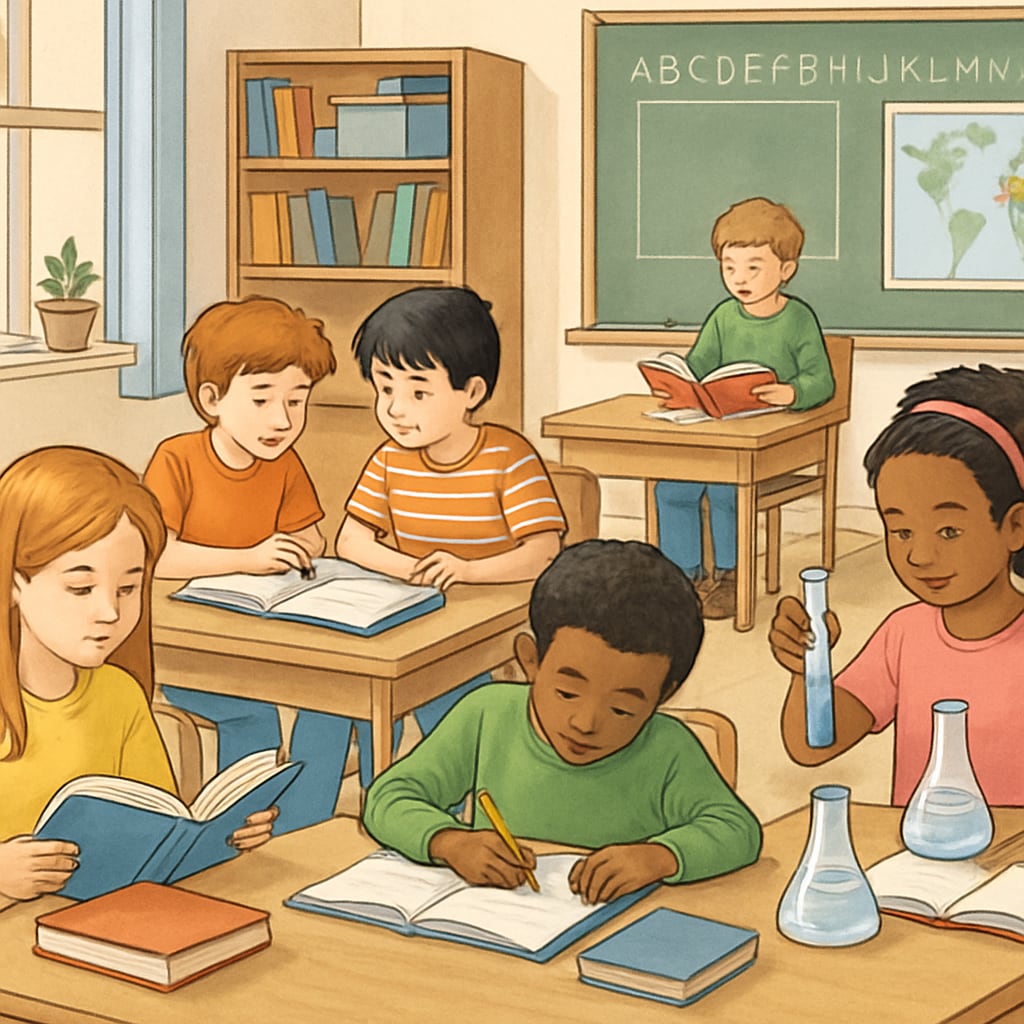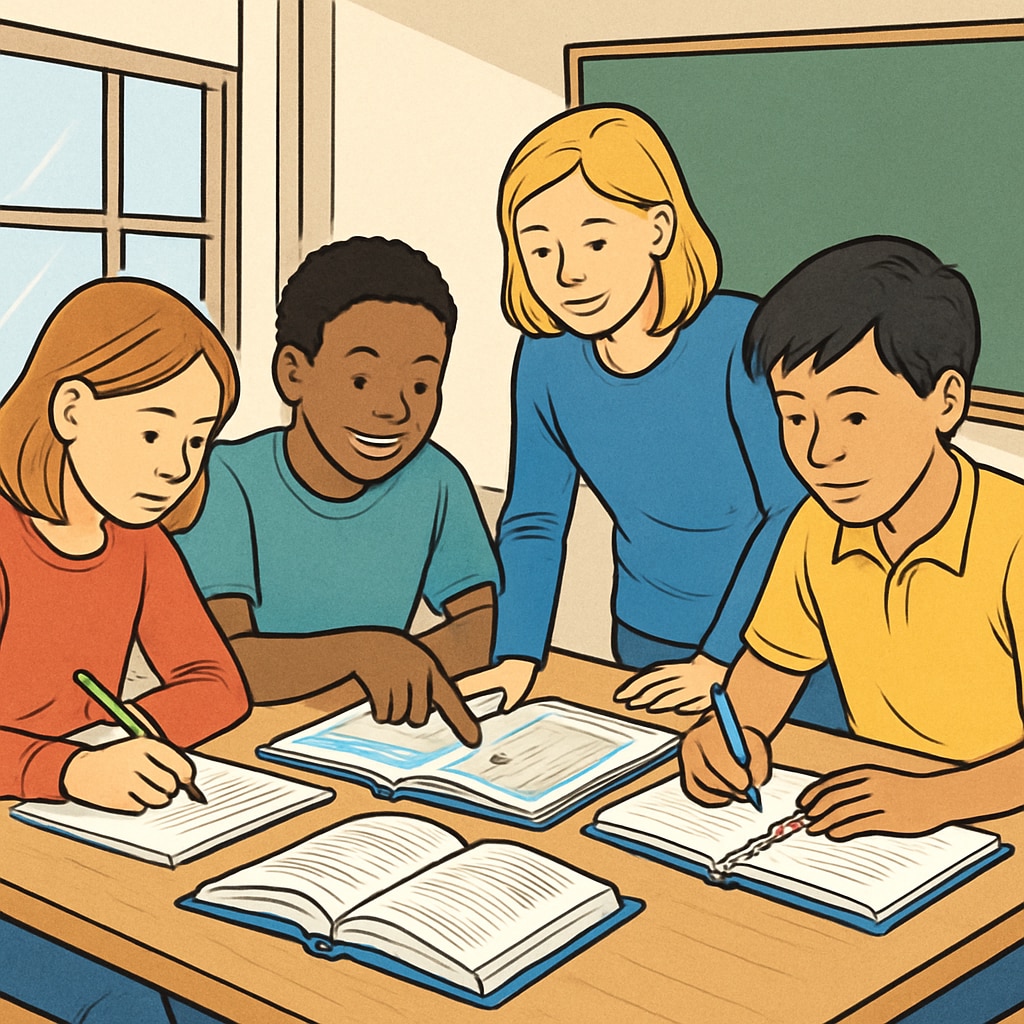The use of the “genius” label in education systems has far-reaching consequences. While it may seem like a compliment, this label often creates undue psychological pressure for those who are labeled and fosters self-doubt among other students who feel left behind. In this article, we will explore the negative impact of such labels and why prioritizing individual growth over categorization is crucial for a healthier educational environment.
The Double-Edged Sword of the “Genius” Label
Being identified as a “genius” often comes with significant expectations. Students who are deemed exceptionally gifted may face immense pressure to live up to this label, which can lead to stress, burnout, and a fear of failure. For example, these students might feel obligated to excel in every subject, even those outside their natural interests or abilities, simply to maintain the image imposed upon them.
On the flip side, other students who are not labeled as “geniuses” may experience feelings of inadequacy or discouragement. This comparison-based mindset diminishes their self-confidence, making them less likely to take academic risks or pursue challenging subjects. As a result, the genius label inadvertently creates an environment where both groups of students suffer.

The Impact on Psychological Well-Being
The psychological pressure associated with the “genius” label can have long-term effects. Labeled students often develop perfectionist tendencies, where any mistake feels like a failure to live up to their reputation. This can lead to anxiety and a diminished sense of self-worth. In extreme cases, it may even result in a reluctance to try new things, as the fear of not meeting expectations overshadows the joy of learning.
Meanwhile, students who are not labeled may internalize feelings of inferiority. Research from organizations such as the Britannica shows that self-doubt can hinder academic and personal development. Instead of focusing on their unique strengths, these students often compare themselves to their peers, leading to unnecessary frustration and disengagement.
Shifting Focus to Growth Over Labels
To mitigate the negative effects of educational labels, schools and educators should focus on fostering individual growth rather than categorizing students. A growth mindset encourages students to view challenges as opportunities for learning rather than as failures. This approach benefits all students, regardless of their perceived level of intelligence or skill.
- Encourage students to set personal goals based on their interests and abilities.
- Provide diverse opportunities for exploration instead of concentrating on a narrow definition of talent.
- Use inclusive language that celebrates effort and improvement rather than innate ability.
By shifting the focus away from labels, educators can create a more supportive environment where every child feels valued. For example, a classroom that emphasizes collaborative projects allows students to contribute based on their strengths, fostering teamwork and mutual respect.

Practical Steps for Educators and Parents
What can educators and parents do to reduce the negative impact of labels like “genius”? Here are some actionable strategies:
- Adopt language that emphasizes growth and effort, such as “hardworking” or “dedicated.”
- Regularly highlight diverse forms of success, from artistic achievements to athletic skills, alongside academic excellence.
- Encourage self-reflection and resilience by teaching students to view setbacks as learning experiences.
- Provide mental health support to help students manage stress and unrealistic expectations.
- Promote peer mentoring programs to build mutual understanding and reduce hierarchical thinking.
As a result, students can develop a balanced perspective on their abilities and potential. Organizations like Mindset Psychology are excellent resources for understanding how to cultivate healthier attitudes toward learning and achievement.
Conclusion: Breaking Free from Labels
The “genius” label may seem like a harmless compliment, but its implications are far from benign. By focusing on personal growth rather than categorization, educators and parents can help students thrive without the psychological burdens associated with labels. Every child has unique talents and potential; it is our responsibility to nurture these qualities without resorting to reductive classifications.
Ultimately, education should empower children to explore, learn, and grow, free from the constraints of preconceived labels. A shift in perspective can pave the way for a more inclusive and supportive academic environment, benefiting all students equally.


